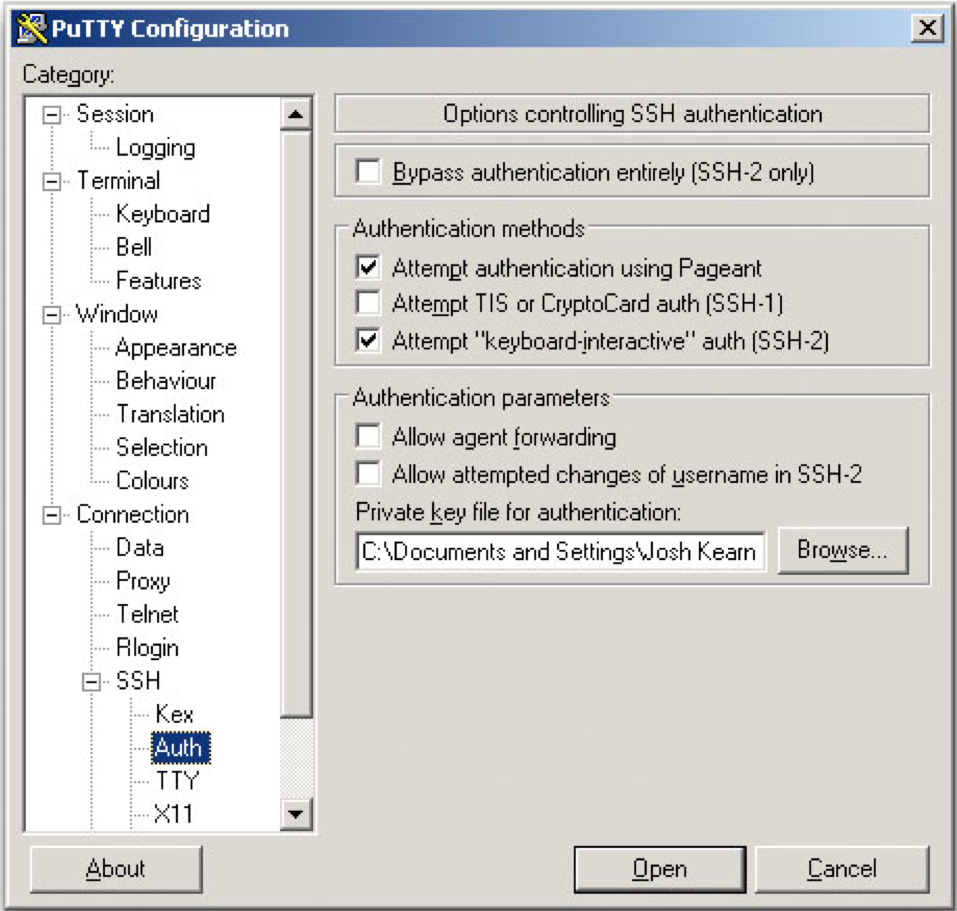Debian Generate Ssh Key For User
I want to add a user to Red Hat Linux that will not use a password for logging in, but instead use a public key for ssh. This would be on the command line. Finally, ssh-keygen can be used to generate and update Key Revocation Lists, and to test whether given keys have been revoked by one. See the KEY REVOCATION LISTS section for details. Normally each user wishing to use SSH with public key authentication runs this once to create the authentication key in /.ssh/iddsa, /.ssh/idecdsa, /.ssh/id. Apr 02, 2019 SSH keys offer a highly secure manner of logging into a server with SSH as against mere dependence on a password. While a password stands the risk of being finally cracked, SSH keys are rather impossible to decipher using brute force. If you don't already have an SSH key, you must generate a new SSH key.If you're unsure whether you already have an SSH key, check for existing keys. If you don't want to reenter your passphrase every time you use your SSH key, you can add your key to the SSH agent, which manages your SSH keys and remembers your passphrase.
- Linux Generate Ssh Key For Different User
- Debian Generate Ssh Key For User Guide
- Generate Ssh Key Putty
- Create Ssh Key Linux
It is possible to configure your Pi to allow your computer to access it without providing a password each time you try to connect. To do this you need to generate an SSH key:
Check for existing SSH keys
First, check whether there are already keys on the computer you are using to connect to the Raspberry Pi:
If you see files named id_rsa.pub or id_dsa.pub you have keys set up already, so you can skip the generating keys step (or delete these files with rm id* and make new keys).
Generate new SSH keys
To generate new SSH keys enter the following command:
Upon entering this command, you'll be asked where to save the key. We suggest you save it in the default location (/home/pi/.ssh/id_rsa) by just hitting Enter.

You'll also be asked to enter a passphrase. This is extra security which will make the key unusable without your passphrase, so if someone else copied your key, they could not impersonate you to gain access. If you choose to use a passphrase, type it here and press Enter, then type it again when prompted. Leave the field empty for no passphrase.
Now look inside your .ssh directory:
and you should see the files id_rsa and id_rsa.pub:
The id_rsa file is your private key. Keep this on your computer.
The id_rsa.pub file is your public key. This is what you share with machines you want to connect to. When the machine you try to connect to matches up your public and private key, it will allow you to connect.
Take a look at your public key to see what it looks like:
It should be in the form:
Copy your public key to your Raspberry Pi
Linux Generate Ssh Key For Different User

Debian Generate Ssh Key For User Guide
To copy your public key to your Raspberry Pi, use the following command, on the computer you will be connecting from, to append the public key to your authorized_keys file on the Pi, sending it over SSH:
Note that this time you will have to authenticate with your password.
Alternatively, if the ssh-copy-id is not available on your system, you can copy the file manually over SSH:
If you see the message ssh: connect to host <IP-ADDRESS> port 22: Connection refused and you know the IP-ADDRESS is correct, then you probably haven't enabled SSH on your Pi. Run sudo raspi-confighttps://xjakym.over-blog.com/2020/10/visual-foxpro-odbc-driver-64-bit-download.html. in the Pi's terminal window, enable SSH, and then try to copy the files again.
Now try ssh <USER>@<IP-ADDRESS> and you should connect without a password prompt.
If you see a message 'Agent admitted failure to sign using the key' then add your RSA or DSA identities to the authentication agent ssh-agent then execute the following command:
If this did not work, delete your keys with rm ~/.ssh/id* and follow the instructions again.
You can also send files over SSH using the scp command (secure copy). See the SCP guide for more information.
Let macOS store your passphrase so you don't have to enter it each time
Generate Ssh Key Putty
If you're using macOS and after verifying that your new key allows you to connect, you can optionally choose to store the passphrase for your key in the macOS Keychain. This will make it so that you don't have to enter the passphrase each time you connect to your Pi.
Create Ssh Key Linux
Run the following command to store it in your keychain: